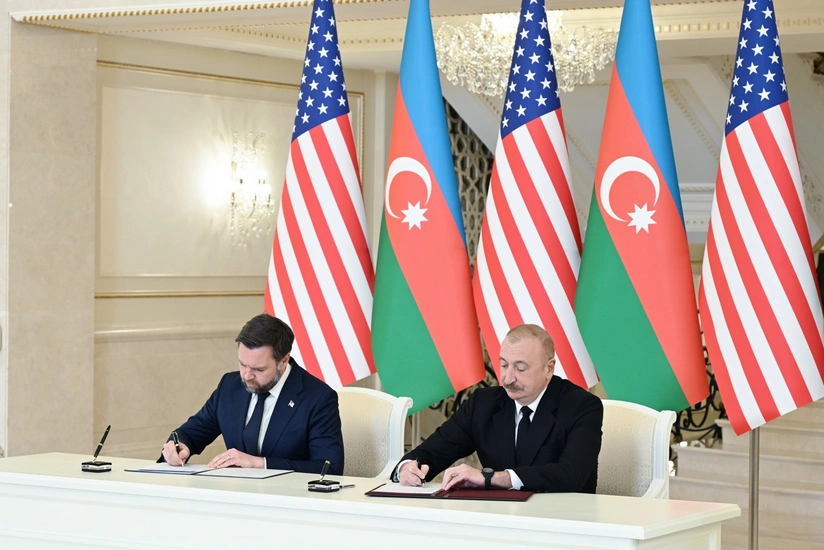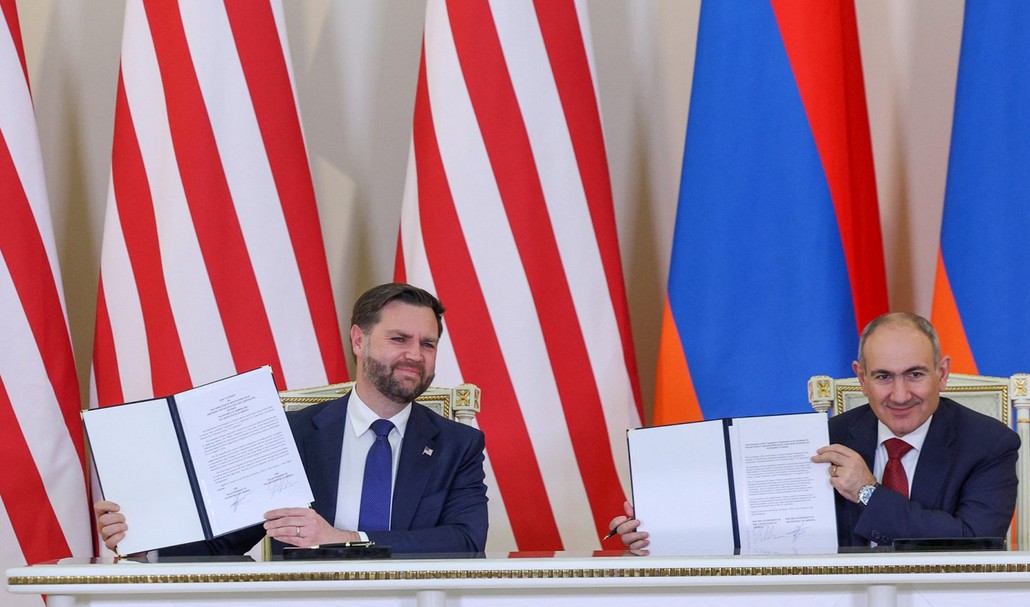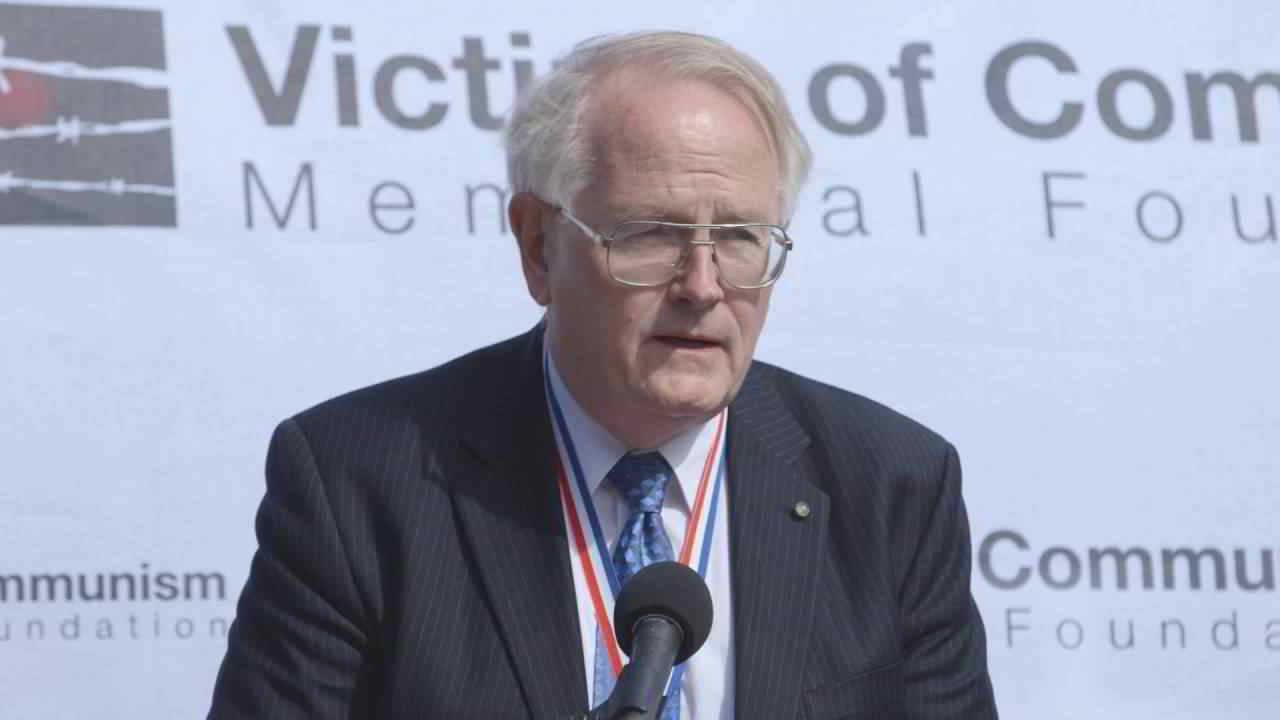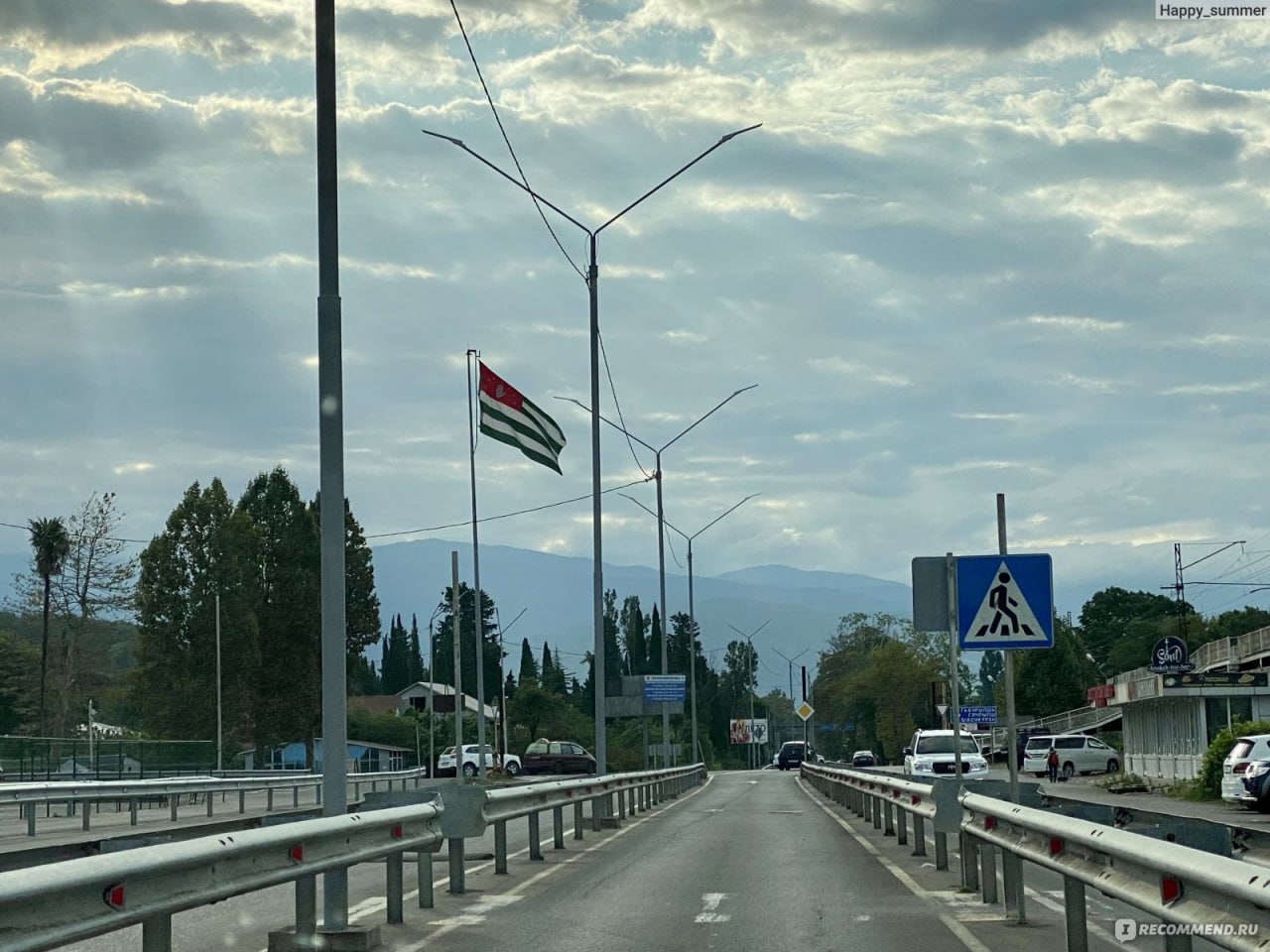According to a state department spokesperson, the United States and the European Union agreed to expand collaboration to counter foreign information manipulation and interference. The state department mentioned that “our support in Georgia complements the EU's recommendations and includes efforts to ensure Georgia's 2024 parliamentary elections are free and fair.“
- „The United States strongly supports the EU-led enlargement process. We encourage candidate and aspirant countries - including Georgia - to seize this historic opportunity to realize their full potential and secure their future in Europe.
Our support in Georgia complements the EU's recommendations and includes efforts to ensure Georgia's 2024 parliamentary elections are free and fair. We will continue to work with Georgia's Central Election Commission and international partners in these efforts. The U.S. government has and will continue to expose Russia’s efforts to undermine democratic elections around the world. Georgia’s adherence to democratic standards is key to its Euro-Atlantic integration.
The United States and the European Union agreed to expand collaboration in countering foreign information manipulation and interference, to include support for like-minded partners, via U.S. and EU coordinated activities in the US-EU Summit Statement of October 20, 2023.
- The United States will always be a partner in supporting the governance, rule of law, electoral, and anti-corruption reforms that advance the long-standing goal of a Europe whole, free, and at peace. We are working with countries throughout the region, international organizations, and our European partners to make progress on these shared goals,“ a State Department spokesperson told Europetime.
The United States released a U.S. intelligence assessment sent to more than 100 countries that found Moscow is using spies, social media and Russian state-run media to erode public faith in the integrity of democratic elections worldwide. The assessment was sent in a State Department cable dated Wednesday to more than 100 U.S. embassies in the Americas, Europe, Asia and Africa for distribution to their host governments.
On October 20, the EU-US Joint Summit was held in Washington. At the end of the summit, the leaders adopted a joint statement reaffirming the commitment of the EU and the US to “supporting Georgia’s territorial integrity and sovereignty and its European perspective”.
The summit was attended by EU leaders, including President of the European Council Charles Michel, President of the European Commission Ursula von der Leyen, and High Representative of the European Union for Foreign Affairs and Security Policy Josep Borrell, as well as US President Joe Biden and US Secretary of State Antony Blinken.
The summit reviewed the close transatlantic partnership and areas of cooperation within the partnership. Discussions focused on EU-US relations, the situation in the Middle East, Russia’s war against Ukraine, trade and the economy, climate change and energy, green and digital transitions, sustainable development and financing, and global affairs, including the situation in the Western Balkans, Armenia-Azerbaijan, Africa, the Indo-Pacific, and China.
With regard to Georgia, the EU and US representatives emphasized their “full commitment” to Georgia’s territorial integrity and sovereignty, as well as the country’s European perspective.
On November 8, the European Commission recommends that the European Council grant Georgia candidate status.
Noting that the Commission welcomes the reform efforts undertaken by Georgia in line with the country’s constitution, which envisages its integration into the EU as a priority, and overviewing steps taken towards the implementation of the EU 12 priorities since 2022, “the Commission recommends that the Council grants Georgia the status of a candidate country on the understanding that the following steps are taken”: Fight disinformation, foreign information manipulation, and interference against the EU and its values.
Ensure a free, fair, and competitive electoral process, notably in 2024, and fully address OSCE/ODIHR recommendations. Finalize electoral reforms, including ensuring adequate representation of the electorate, well in advance of election day.







